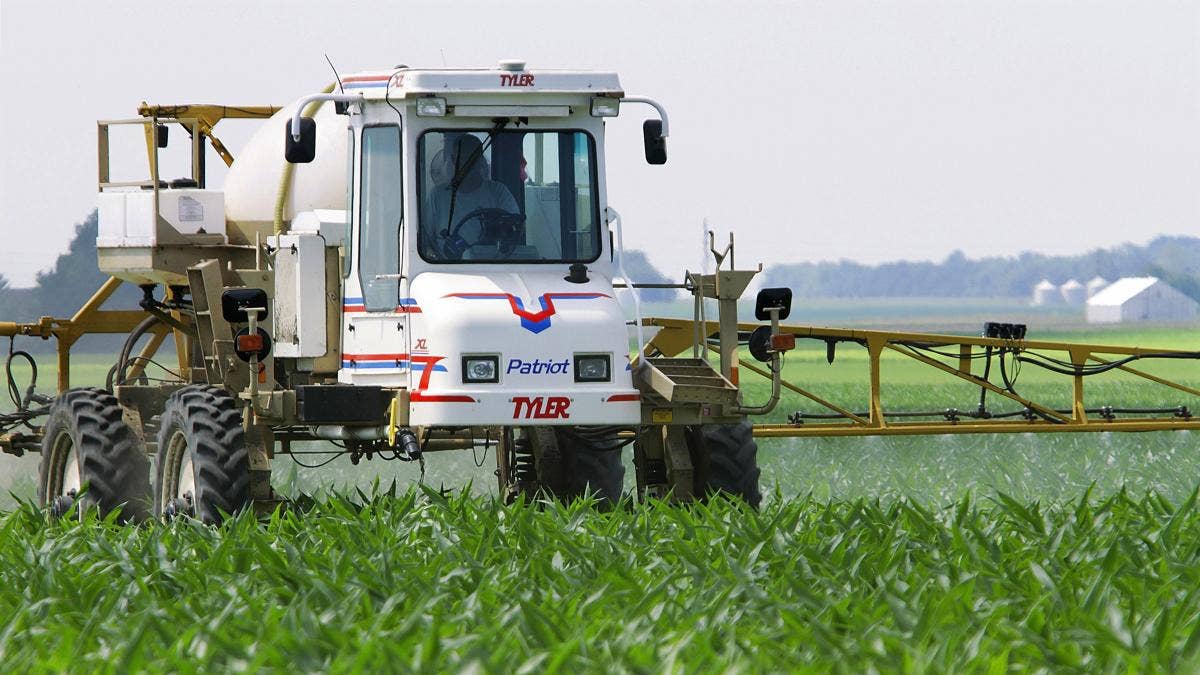
(AP Photo/Seth Perlman)
When people talk about the estate tax, they may think of extremely wealthy people like Bill Gates or Warren Buffett, but the tax could have a devastating impact on the small businesses community.
Small manufacturers like a construction company or lumber yard.
The reason is that most small businesses have equipment and buildings and land -- and the estate tax is levied on all those assets.
"These businesses aren't just sitting on a pile of cash," Bill Rys of the National Federation of Independent Businesses says. "It might mean that to pay the tax, they're going to have to sell those assets off. So to comply with this tax they may have to actually sell part of their business."
Turns out, small businesses, which create two-thirds of the nation's jobs, could be gutted. And what's more, money paid in estate taxes cannot be used to create jobs.
Scott Hodge of the Tax Foundation agrees. "The estate tax essentially guts the business that their family has built up over many generations."
Family farms are even more vulnerable in some respects. They too have equipment, buildings and vehicles, but most importantly - they have land.
And Pat Wolff of the American Farm Bureau Federation explains land paints a misleading picture. "It looks like you're worth a lot of money on paper, but you're not rich, you don't have money in the bank, all your money is tied up in your business."
Land is the biggest variable. If a shopping center or housing development is built in the area, land prices can skyrocket, even though that farm land is still under cultivation.
"When a family member dies," Wolff says, "the government wants estate taxes and they want that payment in cash. If you don't have the cash, you have to sell part of your business, you have sell your animals, you have to sell part of your land."
Right now the tax is zero, but some House Democrats -- especially the most liberal -- want it to go to 55 percent.
Instead of 55 percent, President Obama proposed only 45 percent, with a $3.5 million exemption. In the end, to the chagrin of many in his own party, he compromised with Republicans on a 35 percent tax with a $5 million dollar exemption. Farm groups say, with trepidation, that would protect most of them, but House Democrats say that's the one provision of the proposed compromise they hate most.




